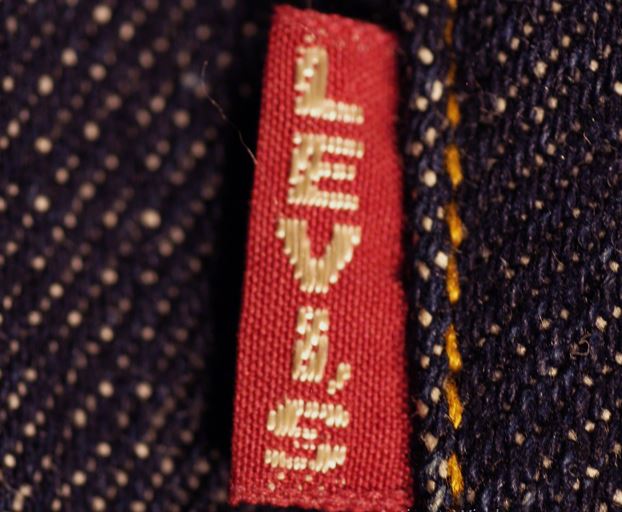

Now Aiming for Water Leadership
San Francisco, California based Levi Strauss & Co. (LS&Co.) has announced a new water strategy that it hopes will cut water use in manufacturing by upto 50 percent in water stressed areas by 2025. Importantly, the firm has recognised the role of a contextual approach to the issue, with a higher focus on water stressed areas, an especially relevant metric considering the fact that a majority of the world’s textile production today happens in such areas.
The move comes at a time when the global textile and apparel industry is under scrutiny for its water use, where it ranks second after agriculture. The company claims that the strategy is designed to increase access to clean, safe drinking water for communities in sourcing locations , helping make a lasting impact in sustainability of water use and consumption in these areas.
“We all know that water is perhaps the most critical resource on the planet and that many places, including countries the apparel industry sources from, are struggling with water crises,” said Liz O’Neill, president of LS&Co.’s global product, innovation, and supply chain. “This announcement is an illustration of what sustainability means to us now: innovative, responsive, scalable programs that drive impact and inspire collective action to address the most pressing social and environmental issues facing our business, industry, and planet.”
The company , known for being a trend setter in the denim wear (Jeanswear) segment, had in 2011 launched its open-source Water<Less® program, which significantly reduced the amount of water used in the finishing process. Water<Less® technologies were groundbreaking for their time and according to the company, saved 3 billion litres of water in the finishing phase through 2018, while recycling and reuse capabilities helped save another 2 billion litres.
The current move, by taking specific geography’s in the form of water stressed places into account, takes Water<Less® to a more evolved strategy that also addresses areas outside its direct control (akin to what the company did last year when it released its science-based targets on climate change.
The core elements of the new strategy are as follows:
LS & Co claims that its Water<Less® techniques have saved up to five cents per unit and millions of dollars globally for some suppliers, and the PaCT approach helped four suppliers that participated in a pilot program cut collective costs by more than $1 million and reduce their carbon footprint by nearly 20 percent by becoming more efficient with water and energy use.
In the Indian context, as a country classed with extremely water stressed regions, India will see much tougher targets for reducing water use, and the possibilities of the firm investing in the right partners to achieve those targets in the watersheds in these regions.
Abhishek Bansal, Head of Sustainability at Arvind Limited the country partner for LS & Co in India said, “we appreciate the inclusive and consultative approach of defining the water strategy by Levi Strauss & Co. Textile production currently happens in regions with high population density and with medium to high water stress. The watershed approach adopted by LS&Co. will help in addressing water security and will promote sustainable management of water resources in these regions.”
We hope the move will cover every aspect of water use, including the critical aspect of water pollution from the use of dyes and other chemicals used in the manufacturing process as those too require urgent control and monitoring.
In a significant move toward advancing green energy and industrial growth in the state, Himachal…
Golabl chemical conglomerate BASF has announced that its now offering the world’s first biomass-balanced polyethersulfone…
In a crucial stint to bolster the biogas sector and sustainable dairying in the country,…
TotalEnergies SE has received approval to proceed with its Middlebrook solar and battery project in…
Andhra Pradesh Chief Minister Chandrababu Naidu has inaugurated the Rs 1,000-crore green hydrogen plant of…
The BITS Pilani has developed an innovative solution for managing landfill leachate, domestic septage, and…